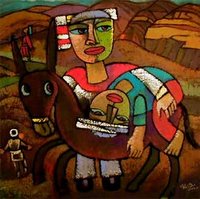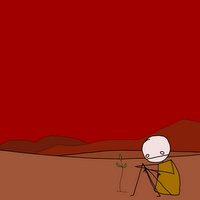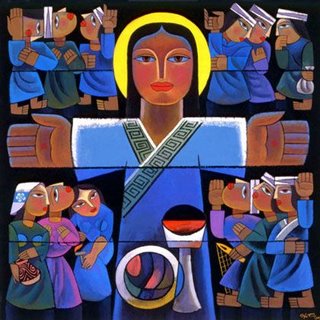
For those of you who have not read Gulliver’s travels, it is a satire of the European culture in the 18th Century. This is the same time that John Wesley trotted around on horseback to put it into perspective. Europe was colonizing the world with questionable motives to claim land and make fortunes out of those they claimed to have “conquered.” Anyway, by the end of Gulliver’s travels through fictional lands with the strangest of people, big and small, he lands up hating humankind. When he returned home he sat the furthest from his wife at the dinner table, and spoke as little as he could to her. He must have looked a sight, as he stuffed his nose with lavender and tobacco leaves to avoid the smell of humankind. The reason why he acted in such an anti-social manner was that in his last journey to a society of noble, rational and peaceable horses he had encountered the “Yahoo’s” which roamed the land. They were a bunch of degenerate life forms. They were filled with every vice known to Gulliver, the men were hairy, the woman had long droopy breasts, and they were as promiscuous as ever. This was reprehensible for Gulliver, but the fact they were proud of their ways made him detest them with all his might. The Yahoo’s were actually a satire of the human race in all their murky darkness. The sadness is that Gulliver does not come to terms with his own Yahoo characteristics and thus he pushes his loved ones away thinking he is better, and greater than they are. Jonathan Swift the author was in many ways an anti-social too, but he was an ordained minister who felt a deep conscience for what his kind were doing to the world. We are always making other people different from ourselves in order to rule over them and have power over them. The next time we call another person a “Yahoo” or a “Fool” in order to feel superior, remember that you too may look a little like Gulliver with tobacco leaves stuffed his nose. Wielding power in your own subtle but Yahoo way.











